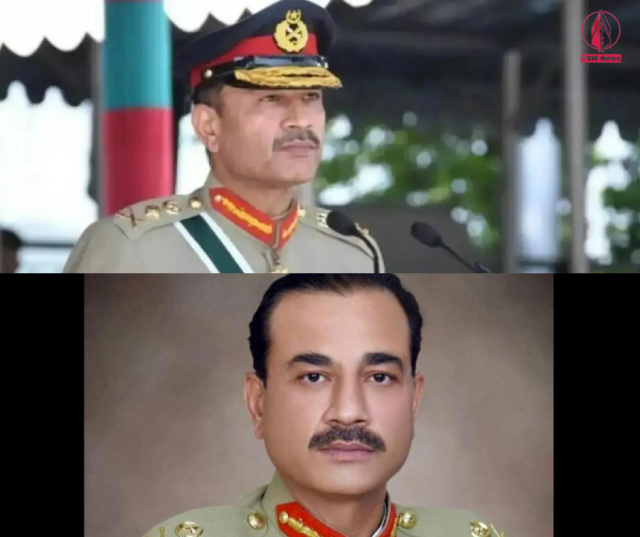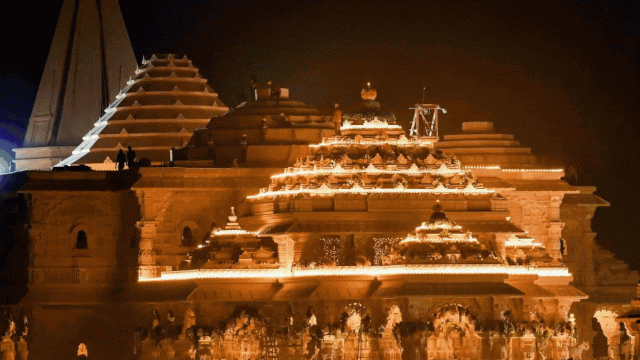Pakistan Army Dismisses Rumours of Asim Munir Eyeing Presidency
- Posted on August 7, 2025
- International Affairs
- By Arijit Dutta
- 147 Views
The Pakistan Army has denied rumours that General Asim Munir seeks to replace President Zardari, calling the claims baseless. Spokesperson Lt Gen Ahmed Sharif clarified there’s no interest or plan for Munir to assume the presidency, amid efforts to counter social media disinformation and uphold political stability.

The Pakistan Army has firmly rejected ongoing social media speculation that Chief of Army Staff General Asim Munir intends to replace President Asif Ali Zardari. Labeling the rumours as “completely baseless,” the military’s statement comes amid increasing disinformation circulating online in recent weeks.
Army spokesperson Lieutenant General Ahmed Sharif Chaudhry addressed the issue during an interview with The Economist, clarifying that General Munir has no political ambitions and no interest in assuming the presidency. The statement was also reiterated by Pakistan’s state broadcaster, PTV, which emphasized that no such proposal is under consideration.
“Talks about Field Marshal Asim Munir becoming the president of Pakistan are completely baseless,” said Lt Gen Chaudhry, dispelling suggestions of any power transition within the country’s leadership.
The military’s denial follows earlier remarks by Interior Minister Mohsin Naqvi on July 10, who also dismissed the claims as a “malicious campaign” intended to create political uncertainty. Naqvi reassured the public that President Zardari remains firmly in office and that there are no plans for his ouster.
The Pakistani military has long held significant influence in national politics, which often fuels speculation whenever the political climate is tense. However, the recent clarification underscores the army's attempt to distance itself from direct involvement in presidential affairs at this time.
Also Read: Kashmir Remains Core Dispute Between India and Pakistan, Says PM Shehbaz Sharif
With political narratives frequently shaped by online discourse, officials have called for caution in consuming and spreading unverified information that could mislead the public or destabilize the democratic process.




